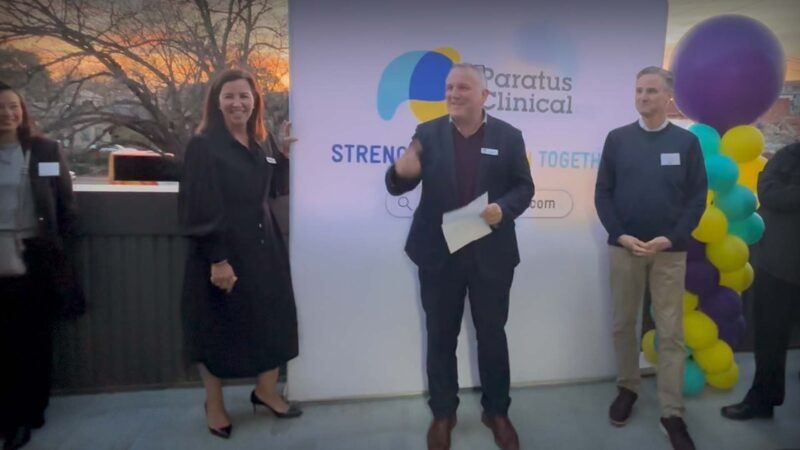Mentoring in nursing is important for several reasons:
1. Career Development: Mentoring provides nursing students or novice nurses with guidance and support from more experienced nurses. This guidance can help them develop their skills, expand their knowledge, and gain insight into the profession.
2. Personal Growth: Mentoring helps nurses identify their strengths and weaknesses, set goals, and improve their self-confidence. It can also provide emotional support during difficult times.
3. Knowledge Transfer: Mentors can share their knowledge and experience with their mentees, helping them understand the complexities of the healthcare system and how to provide quality patient care.
4. Retention: Mentoring can help reduce nurse turnover by creating a positive work environment, increasing job satisfaction, and improving career advancement opportunities.
5. Leadership Development: Mentoring can help develop leadership skills in nurses, preparing them for management positions and enhancing their ability to lead and inspire others.
Overall, mentoring in nursing is crucial for the development of nurses and the advancement of the nursing profession. It provides a supportive environment for personal and professional growth, knowledge transfer, and leadership development.
Australian Health Journal met with two nurses both working in Queensland, one the mentor, the other, the mentee. Both get to appreciate the experiences mentorship gives them.
Belynda Abbott FICDA FACN is a Clinical Nurse Consultant who at the time of the interview worked in Metro South Health within the Neurosciences care field. Today she works as the Nursing Director at Darling Downs Hospital and Health Service and is the Queensland State Chair for the Australian College of Nursing (ACN).
In her 20 year career, Belynda has worked as a nurse educator, a clinical nurse consultant, and nurse unit manager, and also assisted in the Health Emergency Operation Response for COVID. She has a breadth of knowledge and skill, with an attitude to be willing and wanting to stretch herself as a nurse.
Bronwyn Hausler is a perioperative nurse based on the Gold Coast. Following the interview recording, Bronwyn qualified as a registered nurse (RN) at the end of 2022 and now works at Queensland Children’s Hospital. She began nursing as an enrolled nurse after having children. In 2022, she was recognised as an Emerging Nurse Leader in a program run by the Australian College of Nursing, a role that has helped her build on skills to fulfil the vision and goal of leadership type roles.
Both Bronwyn and Belynda talk about the steps and mindset needed to reach out to a possible mentor. Both talk about the enriching experience of being and mentor and mentee.
Belynda has helped Bronwyn on her journey as as nurse, as well as develop as a leader herself, and adds, “When Bronnie has a concern or a question, I actually throw it back on her. So that I don’t actually give her the answers, because she has the answers herself.”
You Might also like
-
A clinical research career working Sponsor-side, CRO-side to Site-side
In July 2025, Paratus Clinical, a Australian provider of dedicated clinical trial services, announced the appointment of Megan Morrison as its new Chief Executive Officer, at the same time as a significant milestone as the company celebrating over a decade of impact in the clinical research space. Paratus now operates a network of five purpose-built, research-only clinics along Australia’s eastern seaboard.
-
HIGHLIGHTS Consumers and communities as agents of health care change and improvement
Policymakers, health administrators and clinicians must learn and embrace new ways to harness the transformative role consumers, community members and carers can play. Conversely, consumers and communities need support, capability and capacity to engage as equals in policy, research, program and service design. This is necessary if are to be less technocratic and realise the vision where all members of society can live the best life possible.
-
The role of genomic screening in transforming public health
Dr Jane Tiller is a lawyer, genetic counsellor and public health researcher. She is Ethical, Legal & Social Adviser in Public Health Genomics at Monash University, and a National Health and Medical Research Council Investigator Grant holder. Jane is passionate about the use of genomics to prevent disease, and in delivering equitable access to preventive genetic information at the population level. She is co-lead of DNA Screen, a world-first study piloting the offer of preventive DNA screening to the Australian adult population. DNA Screen has tested over 10,000 young people for genetic high risk of medically actionable conditions such as cancer and heart disease, finding about 2% of participants had genetic high risk. Jane is leading efforts to secure Commonwealth Government funding to expand the DNA Screen program, with the eventual goal of the development of a public health population screening program for disease prevention based on high genetic risk.



